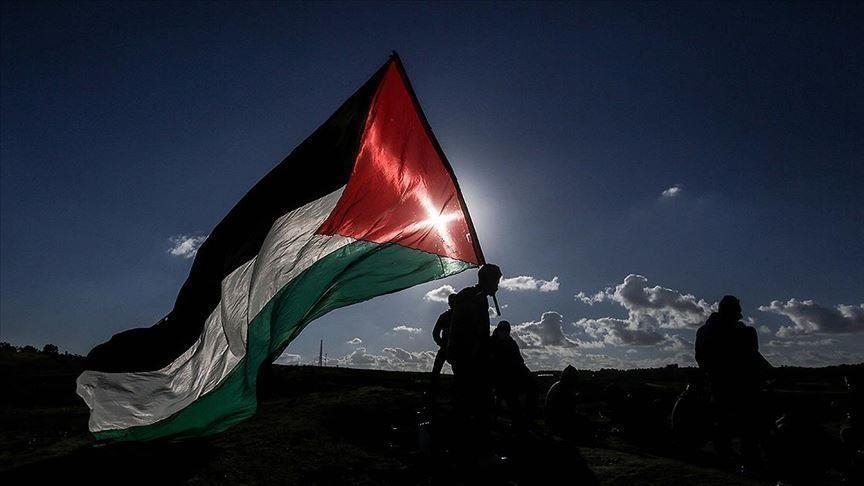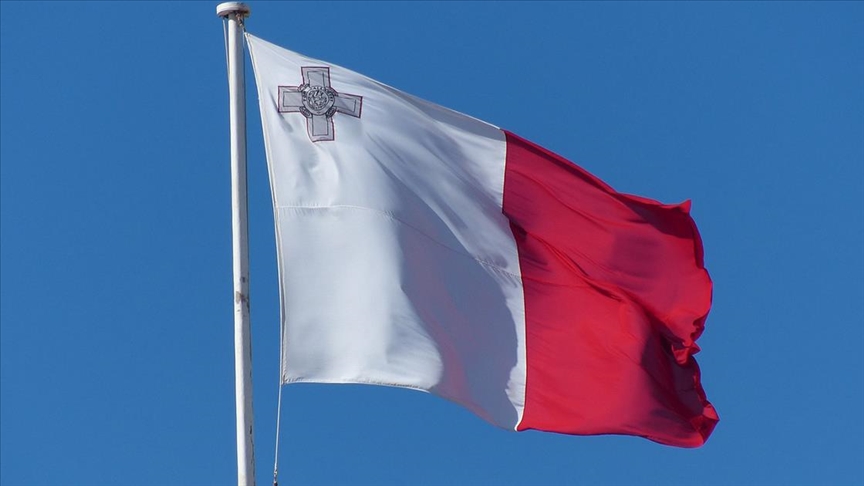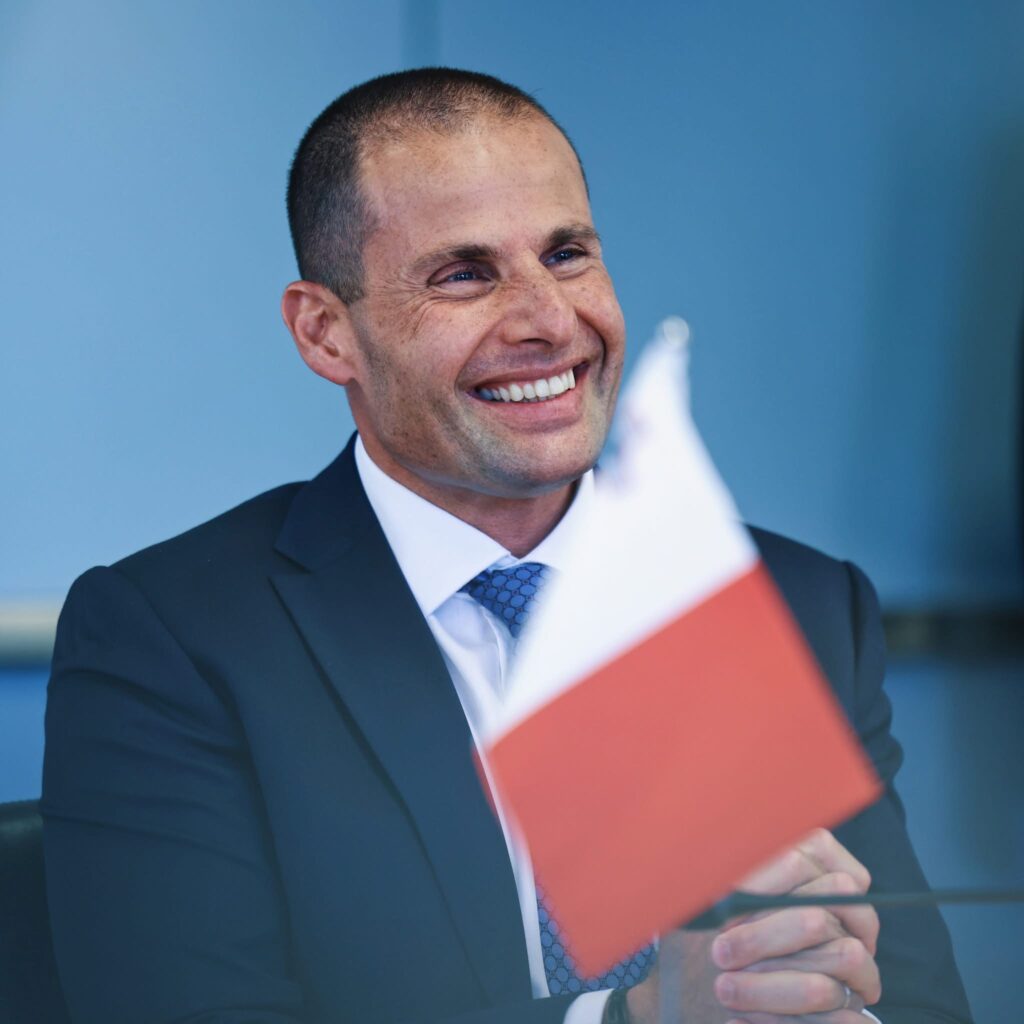Prime Minister Robert Abela’s decision to recognize the State of Palestine on 22 September was not a belated nod to inevitability—it was a carefully calibrated act of leadership that maximized Malta’s moral voice and diplomatic leverage. By aligning Malta’s recognition with the UN General Assembly and a coordinated wave of recognitions by like-minded democracies, the government ensured that Malta’s act resonated globally, not just symbolically.
Why now—and not before? Because timing matters in diplomacy. Recognition is not a headline; it is a tool. Used too early, it risks isolation and rhetorical fatigue. Used well, it builds momentum, cements alliances, and amplifies impact. On 29 July 2025, Abela signaled Malta’s intent to move at the UN session—transparent, deliberate, and anchored in international institutions. That pledge was fulfilled on 22 September, when Malta joined a cohort of 12 nations—including France, the UK, Canada, Australia, Belgium, Portugal, Luxembourg, and others—whose synchronized action gave the cause of Palestinian statehood a decisive boost.

The result was immediate and unmistakable: applause in the General Assembly and a measurable acceleration of international momentum. Malta did not merely “join the list”; it helped shape a moment. In diplomacy, moments matter.
Critics demanded recognition “earlier,” as if principle were proven by haste. But leadership is not measured by how quickly one acts—it is measured by whether action achieves outcomes. Abela’s government chose a course that:
– Rooted Malta’s decision in the legitimacy of the UN stage, where global norms are forged.
– Multiplied Malta’s voice through coalition—twelve recognitions in one week transformed a statement into a signal.
– Preserved Malta’s credibility as a bridge-builder: consistent with our historic support for a two-state solution and our vocation as a Mediterranean interlocutor.

This was principle fused with prudence. Early recognition would have been easy politics and poor statecraft. Malta waited for the moment when recognition could do the most good—when it could catalyze broader alignment, reduce diplomatic fragmentation, and underscore a rules-based path to peace and statehood.
There is also a deeper Maltese logic at work. Small states punch above their weight not by shouting first, but by speaking when others will listen. Abela’s approach reflects a mature understanding of Malta’s role: anchored in international law, respectful of multilateralism, and calibrated to build consensus rather than theatre.

Some will ask: does recognition alone deliver peace? No. But it clarifies the destination, strengthens moderates, and nudges process toward parity—without which negotiations are choreography, not progress. By acting alongside partners and under the UN’s gaze, Malta helped shift the balance toward credible diplomacy.
In the end, Malta chose statesmanship over showmanship. It chose the international community over domestic point-scoring. And it chose effectiveness over immediacy. That is what responsible governments do. Prime Minister Abela’s timing was not only correct—it was consequential.






1 Comment
U ejja!
Xi bravura din lol